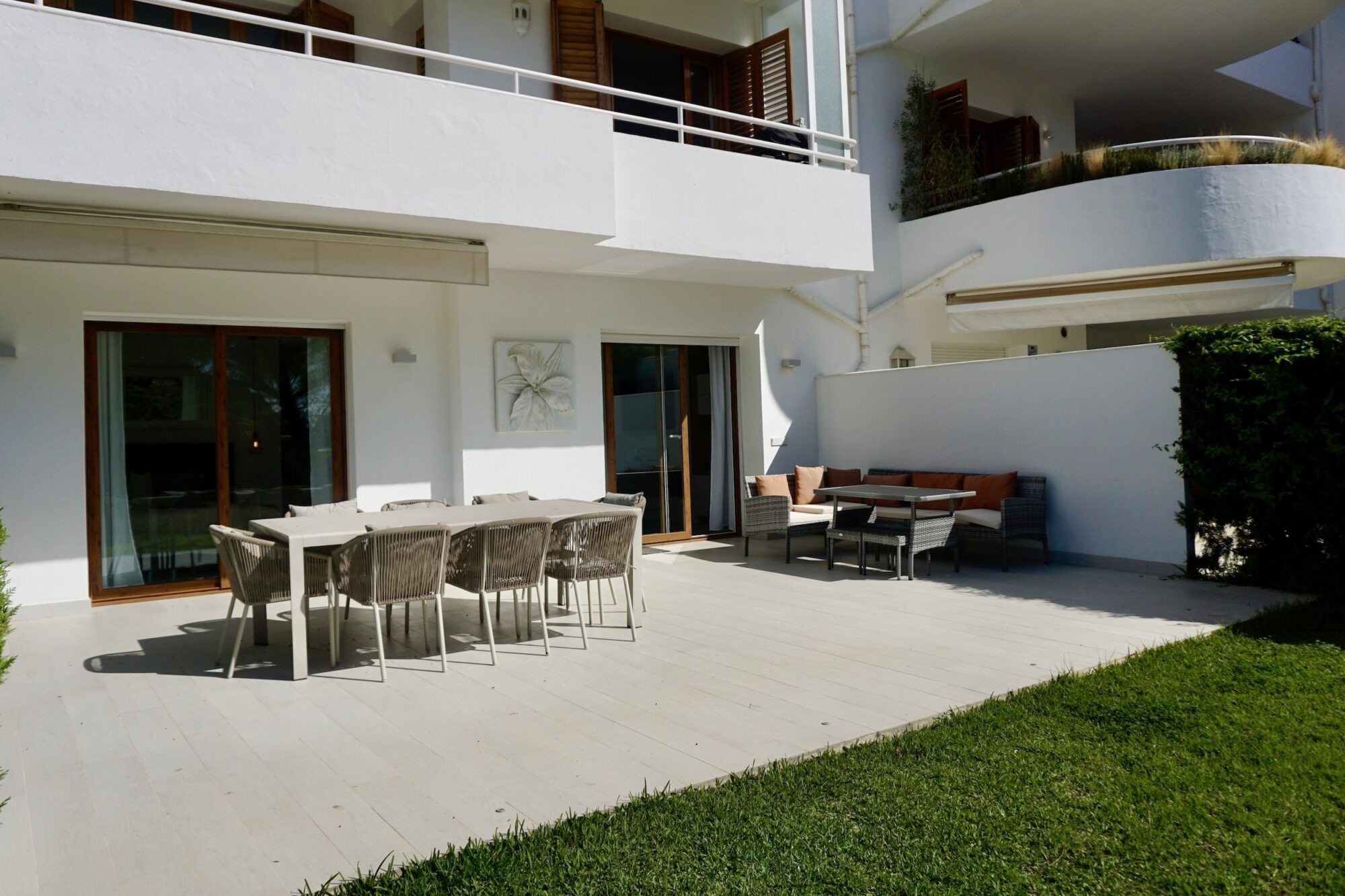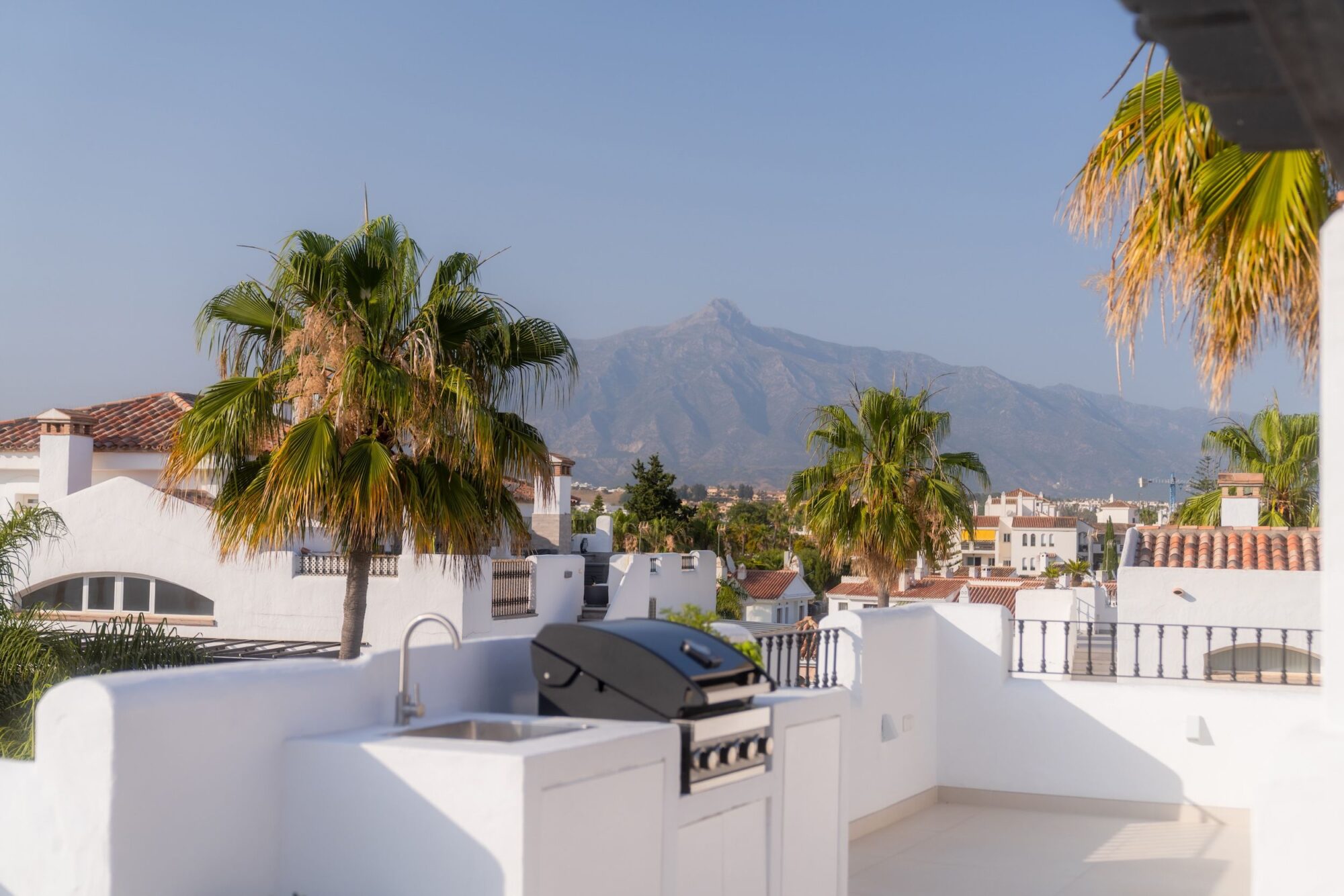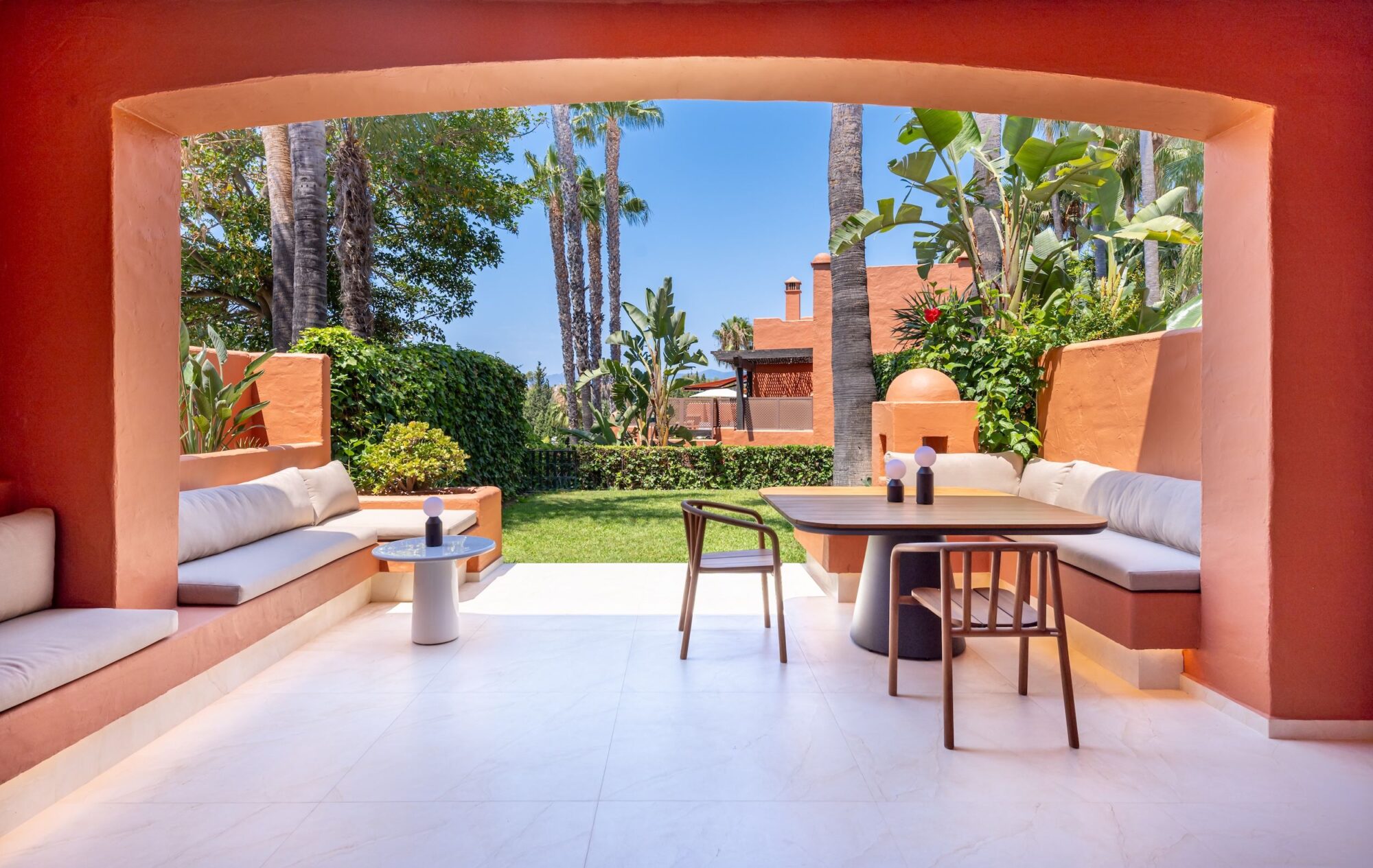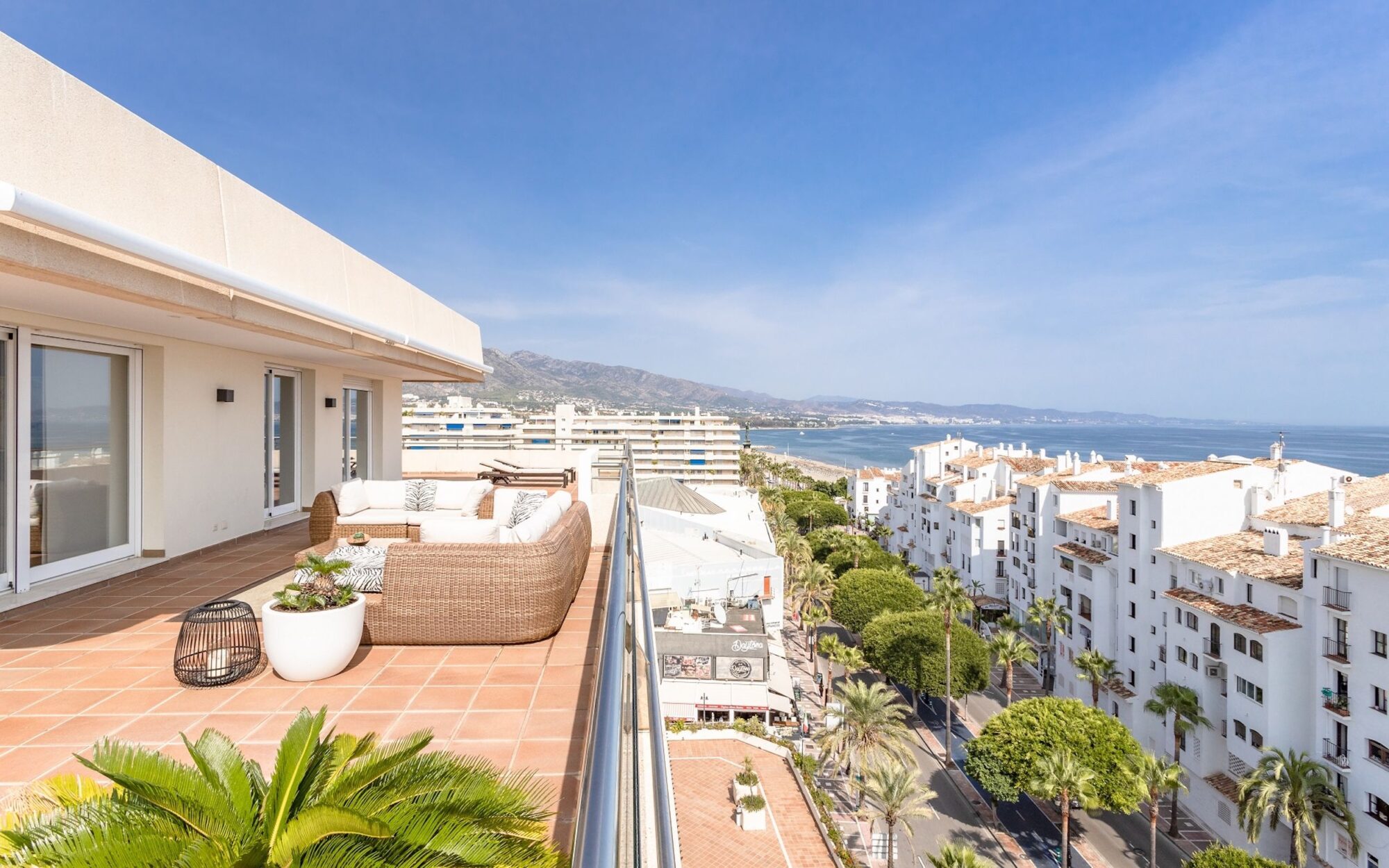Why inheritance law matters to non-residents owning property in Marbella
If you own property in Marbella while living in another country, inheritance law becomes a critical concern—not just for your peace of mind but for the financial security of your heirs. Spanish and regional Andalusian regulations apply to such assets, and without proper planning, heirs may face tax surprises, delays, or unexpected administrative challenges.
Basic principles of inheritance law in Spain for non-residents
Territorial scope of Spanish inheritance tax
Inheritance tax in Spain applies to assets located within the country, irrespective of the beneficiary’s residency. If you own real estate in Marbella, Spanish inheritance law governs how it passes on after your death. Even if you live in another country, your heirs must deal with local tax and succession rules.
Legal frameworks impacting inheritance
There are two primary legal layers that determine how your Spanish property is inherited:
- National (Spanish Civil Code): Defines forced heirs, testamentary freedom limits, and general succession rules.
- Andalusian regional law: Offers generous allowances and reductions in certain cases, often more favourable than the national framework.
Understanding these layers helps you and your heirs plan effectively.
Key tax considerations under Andalusian regime for non-residents
Independence from domicile — only Spanish-located assets taxed
Non-residents are taxed only on assets located in Spain. This means your heirs abroad will not need to report or face Spanish inheritance taxes on assets outside Spain.
Allowances and reductions for heirs
Andalusia offers significant reductions based on factors such as:
- Heir category: Children, grandchildren or spouse benefit from larger allowances (often up to several hundred thousand euros).
- Disability: Additional deductions are available if the heir is disabled.
- Family home: If the inherited property remains the principal residence of the heir, an additional reduction may apply.
Tax rates
Andalusian inheritance tax rates vary depending on the relationship between the heir and the deceased, and the total value inherited. Closer relatives enjoy lower effective rates, while more distant relatives or non-relatives face progressively higher ones.
Distinctions between national and Andalusian allowances
Comparison of allowances
- National level: Broad limits apply; if your estate qualifies, it may benefit from the national minimum thresholds.
- Andalusia: Regional regulations often provide higher allowances—especially for close heirs—and more progressive tiers. This can make a significant difference in tax liability.
Choosing the optimal regime
Heirs can often choose between applying the national scheme or the Andalusian regime, depending on which is more favourable. This requires careful calculation and expert advice.
Practical steps for non-resident property owners
Review or draft a will in Spain
If your home country’s will doesn’t clearly address Spanish real estate, it’s worth drafting a local will that complies with Spanish formalities. This ensures your Marbella property is distributed according to your wishes and avoids unnecessary disputes.
Consider Spanish succession options
Even without a will, Spanish intestacy rules apply. Depending on your home country and whether you opt in, forced heirship rules may override your international will. Reconciling both systems is essential to avoid conflicts.
Understand double taxation treaties
Some countries have bilateral agreements with Spain that prevent inheritance tax being applied twice. Your heirs may claim foreign tax credits or exemptions under those treaties, reducing the total tax burden.
Appoint a fiscal representative or legal agent in Spain
Non-resident heirs often need a fiscal representative to manage inheritance tax filings, payments, and obtaining certificates of debts and inheritances.
Timeline and administrative process for heirs
Required documentation
Heirs must secure several official documents:
- Death certificate, legally translated and apostilled if required.
- Family relationship documents.
- Will or declaration of intestacy.
- Property deeds and valuations.
- Tax certificates from Spain and potentially from the home country.
Steps to complete succession
- Obtain certificate of title and debts.
- File the inheritance tax return—within six months of death (extensions may be possible).
- Pay any tax due.
- Obtain the inheritance certificate from the Spanish tax office.
- Register the new ownership with the Land Registry.
Typical timeline
The process can take several months from start to finish. Delays often result from document gathering—particularly translations and dealing with foreign authorities.
Estate planning tools to ease inheritance for non-residents
Use of usufruct and bare ownership
To reduce inheritance tax, you might split ownership—granting usufruct (right to use property) to someone while passing bare ownership (naked title). This can reduce the taxable value and smooth the transfer.
Life insurance or liquid funds
Purchasing life insurance with heirs as beneficiaries can provide them with liquidity to pay inheritance tax without needing to sell property quickly.
Holding structures
Certain holding vehicles (for instance, patrimonial companies or family trusts) may facilitate smoother succession. Expert guidance is essential to ensure compliance with Spanish regulations.
What heirs should do when inheriting property as non-residents
Engage a Spanish lawyer or gestor specialising in succession
A professional fluent in both Spanish and your heirs’ language, and well-versed in Andalusian inheritance law, can identify optimal taxation routes and ensure all filings are accurate and timely.
Assess whether to retain or sell the property
Selling inherited property from abroad involves:
- Capital gains tax—calculated from a “reference value” in Spanish land records.
- Withholding tax obligations on sale proceeds.
- Administrative and notary costs.
Renting might be an option, but heirs must bear in mind ongoing Spanish property taxes and obligations.
Consider residency options
If heirs plan to live in Spain long-term, establishing non-resident or resident status may influence future tax treatments, including wealth tax thresholds and subsequent succession events.
Common pitfalls to avoid
Ignoring regional differences
Spain’s 17 autonomous communities have different inheritance tax rules. Assuming Andalusian rules apply everywhere can lead to incorrect planning.
Delaying the inheritance tax return
Late submissions can result in penalties and interest. Even when heirs need more time gathering documents, it’s often better to file early and request an extension.
Failing to translate documents properly
Spanish authorities require certified translations of foreign documents. Incomplete or non-certified translations can cause delays or rejections.
Overlooking double taxation relief
If heirs fail to claim relief under treaties, they may pay more tax than necessary.
Creating a clear roadmap for legacy planning
Inventory and valuation of Spanish assets
Document your Marbella property’s current market value. A professional appraisal—dated and clearly documented—reduces disputes and supports accurate tax calculation.
Consultation with multi-jurisdiction advisors
A coordinated plan between Spanish and your home country’s legal and tax advisers ensures clarity and avoids conflicts between legal systems.
Communicate your wishes to heirs
Inform your heirs about where to find manuals, key documents, and contact details for legal support. This can save time and confusion during an already challenging time.
Schedule a ConsultationSources:

Carin Astrup - Real Estate Agent
Fluent in Swedish, English, Danish, and Norwegian, Carin Astrup works with an elite international clientele, expertly matching buyers and investors with some of Marbella’s most exclusive properties.
Ready to find your dream home or make a smart investment in Marbella? Contact Carin today for a private consultation and unlock access to the Costa del Sol’s finest properties.








